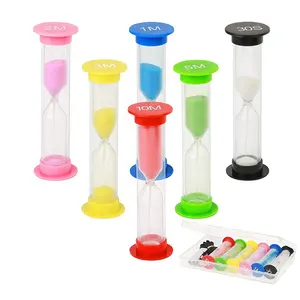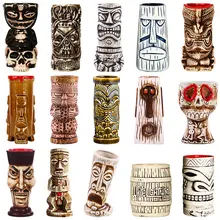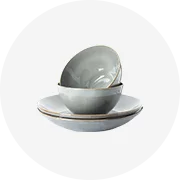Understanding Rotary Timers
Rotary timers are essential tools in various settings, offering precise time management for a range of activities. Unlike stopwatches, which count upwards from zero, rotary timers count down from a preset duration, alerting with a signal once the time has elapsed. This category encompasses a variety of timers, each designed to meet specific timing needs.
Types of Rotary Timers
There are primarily three types of rotary timers: mechanical, electromechanical, and digital. Mechanical timers, known for their reliability, operate without the need for batteries or electrical power. Users manually set the desired time, and these devices typically emit an audible ticking sound during the countdown, culminating in an alert when the timer reaches zero. Electromechanical timers blend mechanical components with electrical functions, automating the operation of appliances by turning them off once the set time expires. Digital timers offer a modern approach with features like LCD displays, extended timing ranges, and the convenience of battery operation.
Applications and Features
Rotary timers are versatile and find applications in various domains, from culinary settings to industrial environments. In the kitchen, they assist in tracking cooking times, while in industrial settings, they can regulate machinery operations. The features of these timers vary by type. Mechanical timers are appreciated for their simplicity and portability, while digital timers offer precision with features such as memory functions and longer timing durations. Electromechanical timers are often favored for their dual functionality, combining timing with control over devices.
Materials and Design
The construction of rotary timers involves a range of materials, ensuring durability and functionality. Plastic and metal are common, providing a balance between lightweight design and sturdiness. The design of these timers can range from classic to contemporary, with some featuring magnetic backs for easy attachment to metal surfaces, and others boasting unique aesthetics that complement various decors.
Advantages of Using Rotary Timers
Utilizing a rotary timer brings numerous advantages, such as energy conservation by preventing overuse of appliances and aiding in multitasking by managing time effectively. The diversity of designs, from magnetic to retro styles, ensures there is a timer to suit every preference and need.
Choosing the Right Rotary Timer
Selecting the appropriate rotary timer depends on the intended use. For those seeking a traditional and eco-friendly option, mechanical timers are ideal. Digital timers cater to those requiring precision and extended time ranges, while electromechanical timers offer the convenience of automating appliance usage. Alibaba.com presents a vast selection of these timers to accommodate various requirements and preferences.









































 浙公网安备 33010002000092号
浙公网安备 33010002000092号 浙B2-20120091-4
浙B2-20120091-4